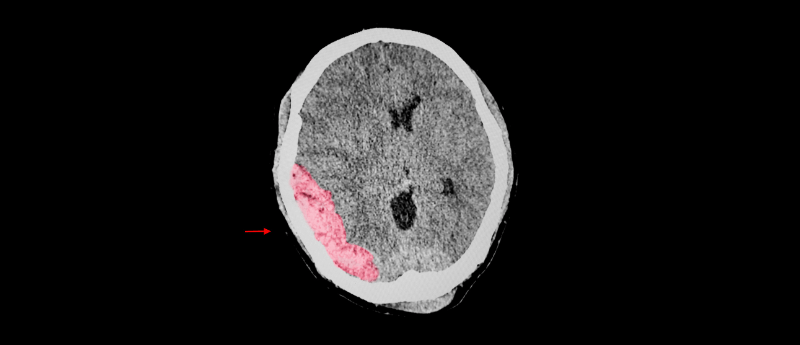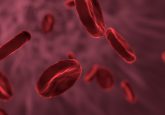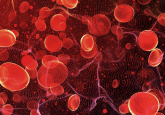US Army declares FDA clearance of whole blood rapid assay to assess patients with traumatic brain injuries

The US Army, in collaboration with Abbott (IL, USA), has declared that the company’s i–STAT® TBI (Traumatic Brain Injury) cartridge has attained clearance from the US Food and Drug Administration for application in whole blood samples.
The recently approved device enables bedside testing of whole blood and enables clinicians to acquire high-quality lab results for patients suspected of concussion within 15 minutes. Previous assessments for concussion were solely approved for use with plasma or serum, necessitating sample transportation to a laboratory for processing and results. Patients can now be evaluated up to 24 hours post-injury, marking a considerable improvement.
“TBIs are a major concern for Warfighter health, readiness and resiliency,” explained US Army Brigadier General Edward Bailey, commanding general of the US Army Medical Research and Development Command (USAMRDC). “This milestone accomplishment demonstrates how Army medical developers can partner with industry to deliver solutions for frontline medical personnel caring for our injured service members.”
According to statistics from the Department of Defense (VA, USA), approximately 500,000 US troops worldwide encountered a TBI as a consequence of military training, deployment or everyday activities, including sporting events, from 2000 to 2023. Therefore, the development of a field-deployable solution for detecting and assessing TBIs among service members stationed domestically and internationally stands as a paramount concern for the US military health system.
You may also be interested in:
- Volumetric absorptive microsampling–LC–MS/MS assays for quantitation of giredestrant in dried human whole blood
- Antibody alternatives for analyzing biomarkers in blood samples
- FDA approved: the first hemophilia A gene therapy authorized for the United States
US Army Colonel Andy Nuce, commander of US Army Medical Materiel Development Activity, part of USAMRDC, expressed how the assay will improve the capacity of frontline medical personnel to promptly assess service members suspected of TBIs. As not all patients will necessitate head CT scans, this new approach will avoid any unnecessary medical evacuations and strengthen TBI case management on the ground.
“During future large-scale combat operations, enemy weapons and exposure to blast or concussive events will present challenges to frontline medical providers,” said Andy Nuce. “We are constantly working to investigate, develop and field modern medical solutions to protect the Warfighters of 2030, 2040 and beyond.”
US Army Lieutenant Colonel Bradley Dengler, Neurosurgical Consultant to the Office of the Surgeon General, remarked the test to be one of the most noteworthy steps forward in TBI patient care within the past 20 years: “Given the large numbers of expected casualties with all severities of TBI in future large-scale combat operations, this test can help maintain combat power far forward by helping to eliminate unnecessary evacuations.”
“Additionally, and just as important given the limited number of neurosurgeons available in theater, ongoing research demonstrates that a future version of this test could be used to triage more severely injured patients, as the blood biomarker elevations correlate with the severity of their intracranial injuries,” he added. “This can help get the most severely injured service members to neurosurgeons faster and ultimately save lives.”






